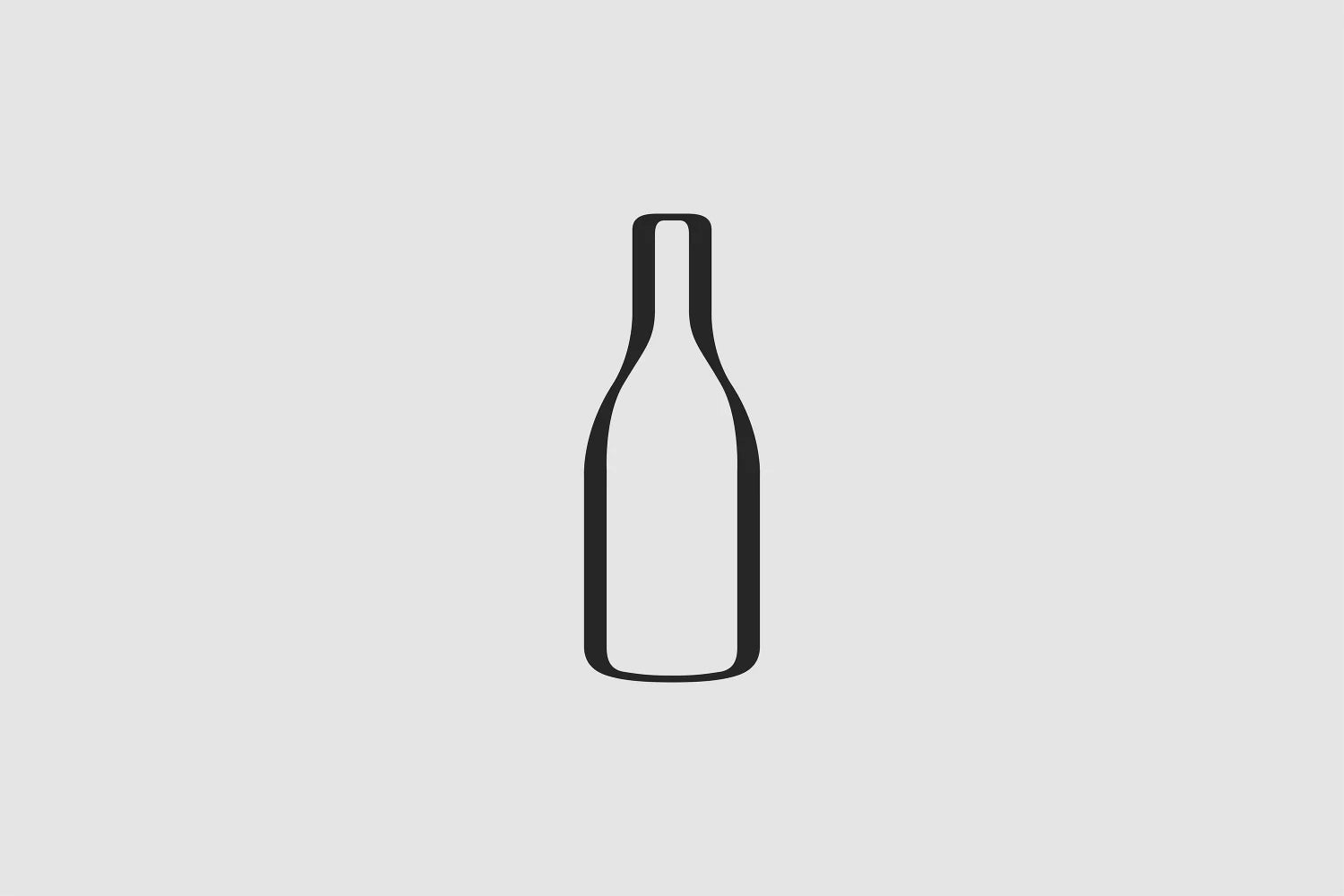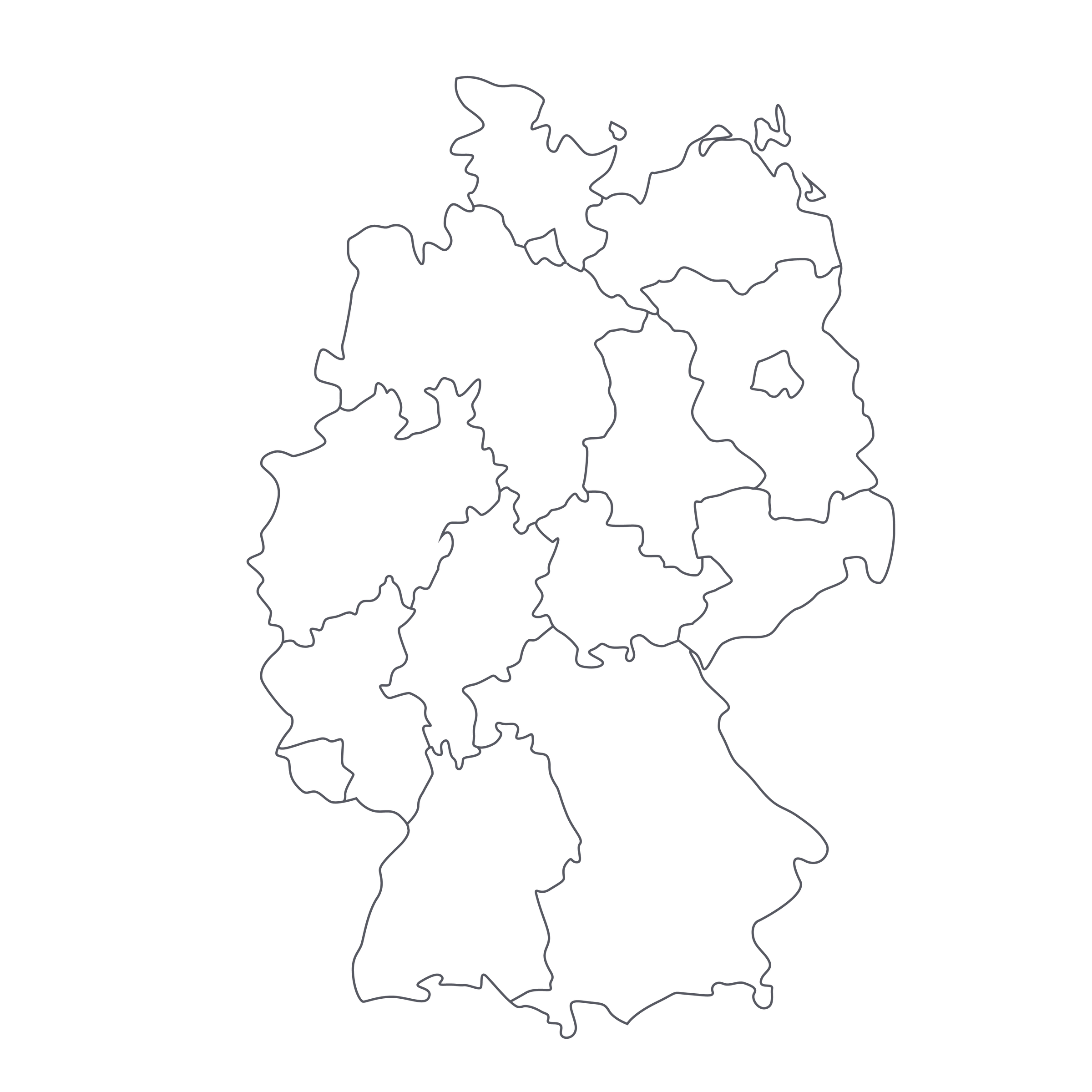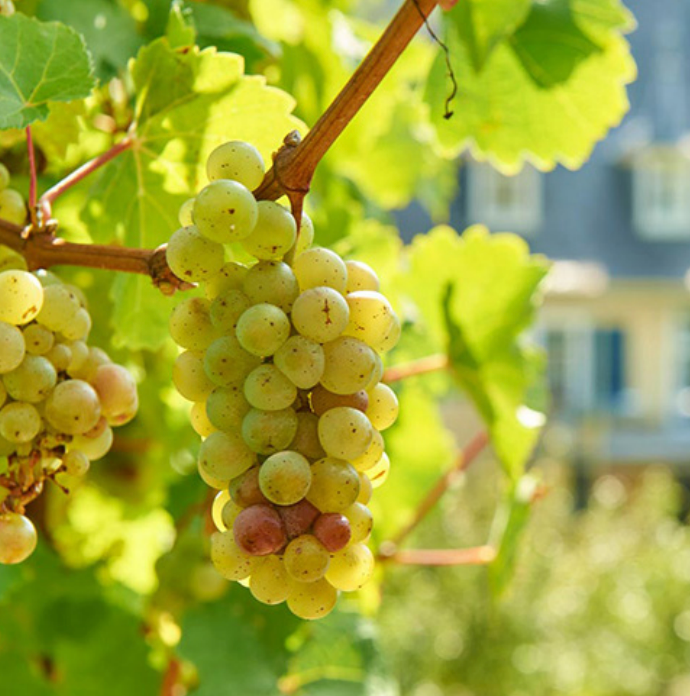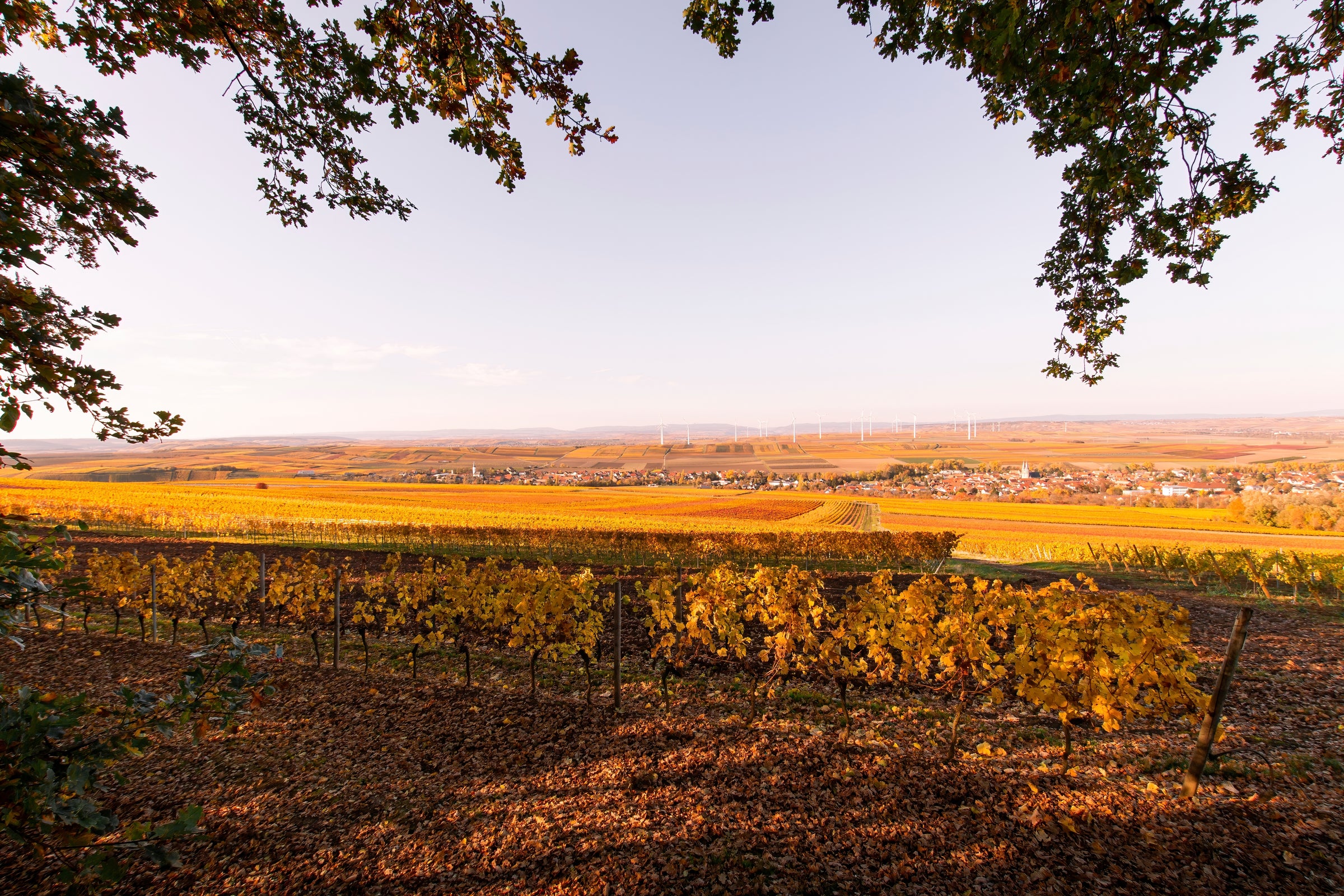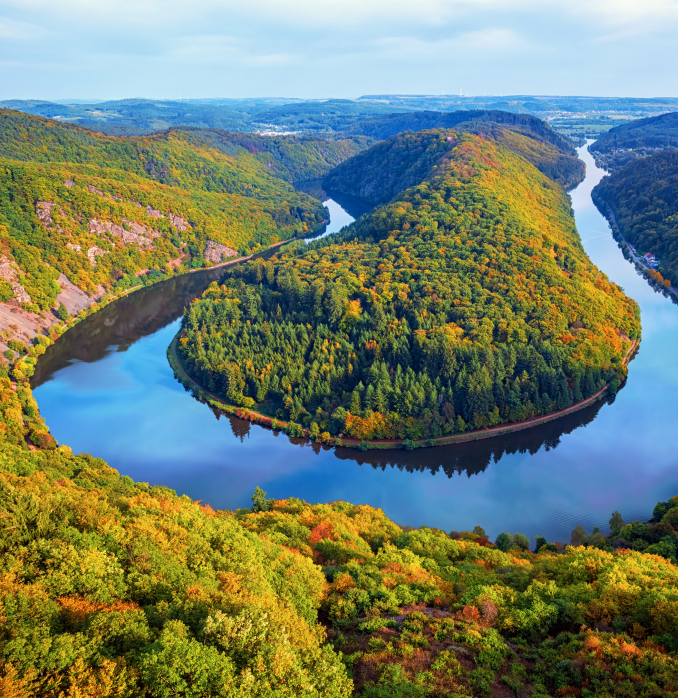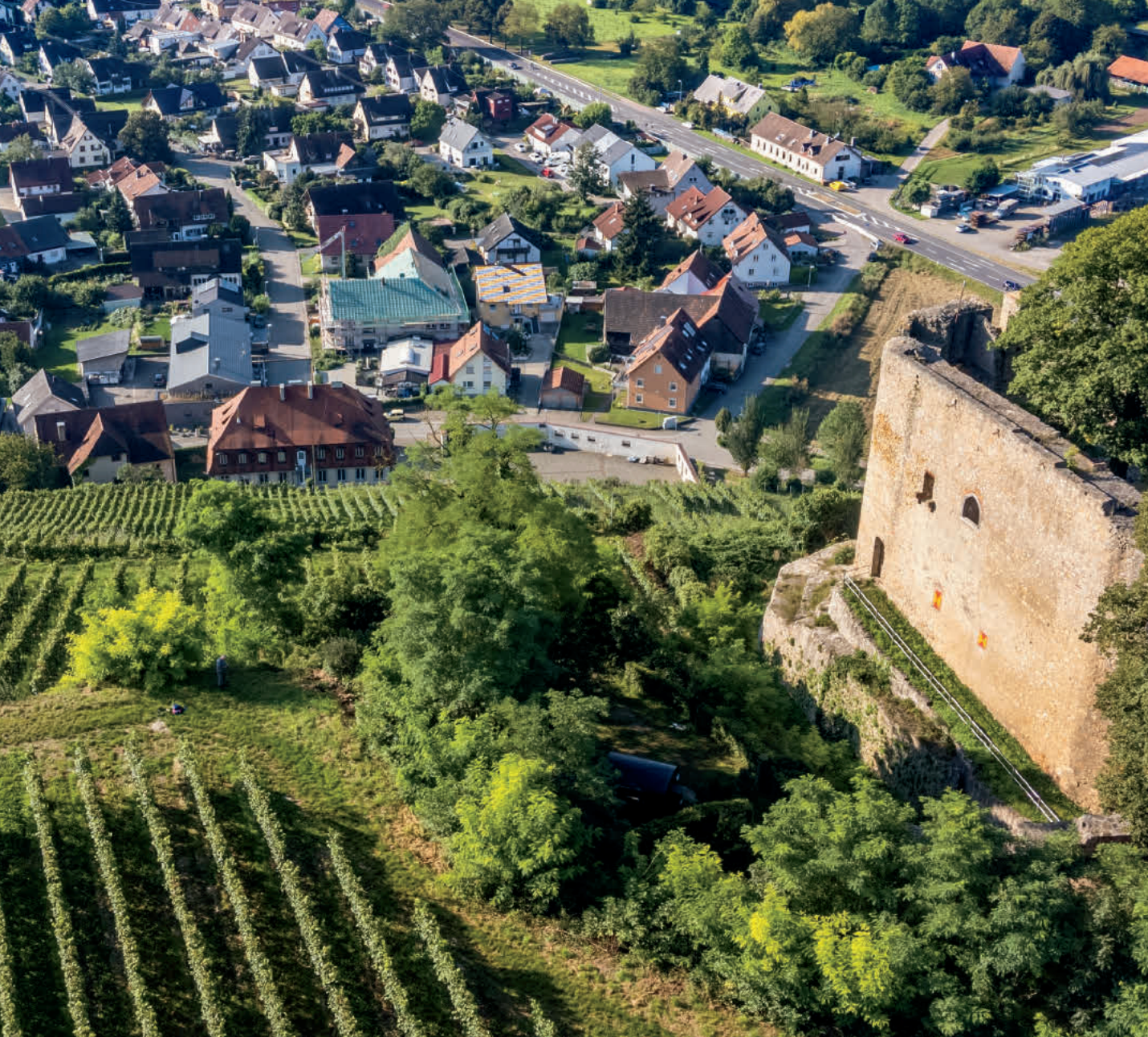We thought we’d share the few extra bottles of ‘99 Wagner we had lying around. Only 19 bottles remain!
This 20-year-old Riesling is making its debut on American soils after we literally unearthed them from Dr. Wagner’s ancient cellars last year. It burst onto the scene with mineral intensity and mouth-watering piquancy that melds into a resoundingly complex finish populated with all the usual suspects: juicy tropical/stone/citrus fruits and textbook notes of petrol and slate. This is complex and cleansing all at once, leaving the wine tasting dry due to its age (residual sugar loses intensity over time), with enough youthfulness to continue aging for years to come.
The Dr. Wagner estate was founded in 1880 by Josef Heinrich Wagner. Over the decades, they weathered two World Wars without relinquishing any of their holdings; the estate has always remained in the family. Currently, fifth-generation Christiane Wagner (as of 2009) is in charge. Currently, Dr. Wagner only tends to vines in three prime sites: “Rausch” and “Kupp” in the town of Saarburg and “Bockstein” in nearby Ockfen, all of which can trace viticultural roots back to Roman times.
The vineyard name “Kupp” can cause confusion in the Mosel region, as the German word kuppe translates to knoll or hilltop. Historically, this word was a general term for parcels that sat at advantageously higher elevations (near the top of a hill), but has since become a popular vineyard name—you’ll find “Kupp” in the towns of Wiltingen, Saarburg, and Ayl, to name a few. Today’s wine comes from the latter and, just like all of Dr. Wagner’s Grosse Lage vineyards, “Ayler Krupp” is manually farmed and harvested with meticulous care. The wine ferments in traditional fuder casks and ages in their historic underground cellar—which happens to be the largest vaulted cellar in the Saar. After nearly 20 years of undisturbed aging, it was shipped directly to us at the end of 2018.
Dr. Wagner’s 1999 “Ayler Kupp” is in immaculate condition, revealing a bright straw-yellow with neon green reflections. This is superbly fresh and vibrant, making it tough to identify as a 20-year-old Riesling. It displays brilliant levels of minerality, petrol, and mouthwatering acidity, but offers broader, rounder textures alongside an elevated presence of earthiness that translates into button mushroom and damp herbs. You’ll also find apricot, honeysuckle, Key lime, tangerine, and a bevy of white and yellow flowers jumping into the mix. German Rieslings lose about one Pradikat level of sweetness per decade due to molecular changes in sugar, so the ‘99 conceals its sweetness incredibly well. It tastes nearly dry, showcasing rich yet bright textures with residual sugar that is integrated seamlessly, along with searing minerality and acidity. It’s hard to believe Dr. Wagner can offer a pitch-perfect expression of mature, classic Mosel Riesling at such a low price. It’s also perfect for pairing with any Asian cuisine: make whatever your go-to dish is (preferably with a bit of spice), or try the attached pork belly kimchi bowls. Either way, you can’t go wrong!
